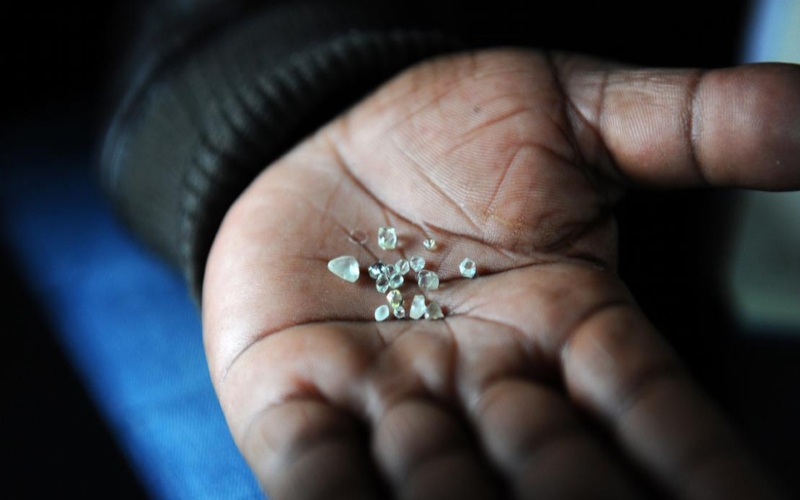Do cockroaches hate lavender? Scientists put popular home hack to the test

Cockroaches are some of the most resilient pests on Earth, thriving in warm, moist environments and capable of surviving weeks without food.
We have all seen the online advice, “Use lavender to repel cockroaches.”
From cleaning blogs to TikTok hacks, it is everywhere now. The sweet-smelling plant is hailed as a miracle natural solution to a very unwelcome problem.
More To Read
- As August temperatures drop, here is why you need a sauna or steam bath
- How to make irresistible caramel popcorn using a sufuria
- Study shows physical exercise can greatly reduce cancer recurrence
- How to make homemade body scrub with basic ingredients
- Is it okay to boil water more than once, or should you empty the kettle every time?
- Vegetable intake low in Kenya amid growing health concerns
But is there any truth to the claim, or is it just another home remedy without scientific backing?
Recent research says there may actually be more to it than just blogs.
Cockroaches are some of the most resilient pests on Earth, thriving in warm, moist environments and capable of surviving weeks without food. Their adaptability makes them notoriously difficult to get rid of.
For households avoiding harsh chemical insecticides, perhaps with children or people with respiratory problems, essential oils have become a popular alternative, and lavender is frequently at the top of that list.
What the research shows
A 2023 peer-reviewed study published in the journal Insects found that lavender oil, among other essential oils, demonstrated notable insecticidal effects on the German cockroach (Blattella germanica), one of the most common household species.
The research revealed that at high enough concentrations, lavender oil killed 100% of test cockroaches within 24 hours, although other oils like thyme worked faster.
In another study conducted by Tehran University of Medical Sciences, lavender oil proved slightly more toxic to cockroaches than rosemary oil, indicating a stronger potential as a natural pesticide.
Researchers attributed this effectiveness to the plant’s high concentration of linalool and linalyl acetate, aromatic compounds known to disrupt the insects’ nervous system and mask food cues.
Why lavender works
Lavender does not kill on contact the way commercial sprays do.
Instead, it works by repelling cockroaches through its strong scent profile.
“Cockroaches use chemical cues in their environment to find food and safe nesting areas,” says entomologist Dr. Miriam Ochieng.
“Lavender oil interferes with that communication.”
Lavender’s potency is strongest when used in concentrated oil form, typically applied to cotton balls or diffused into the air. However, results can vary depending on the dilution, frequency of application, and the level of infestation.
What you can do at home
If you are dealing with a mild cockroach problem and prefer a chemical-free approach, lavender oil can be part of your toolkit.
Apply a few drops of lavender essential oil on cotton balls and place them in problem areas like under the sink, behind appliances, and along baseboards.
Add lavender oil to your cleaning spray to enhance your daily wipe-downs with a pleasant scent and added repellent effect.
Use a diffuser with lavender oil in cockroach-prone areas for continuous aroma exposure.
But you keep in mind, though, that lavender is not a standalone solution for heavy infestations. It works best as a deterrent or in combination with good sanitation and proper food storage.
So, do cockroaches hate lavender? The answer is yes.
Even though it is not a silver bullet, it is a scientifically supported, natural method that can help discourage pests from taking over your home.
But fumigation is key.
Top Stories Today











































